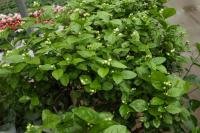1、 Curing method
1. Soil: when planting red mulberry, it's best to mix garden soil and rotten leaf soil. When red mulberry enters the basin, put a small amount of base fertilizer at the bottom to meet its growth needs
2. Watering: it likes a humid growth environment. When maintaining during growth, it's best to keep the basin soil slightly moist. In summer, pour more water as much as possible because the water evaporation is relatively large
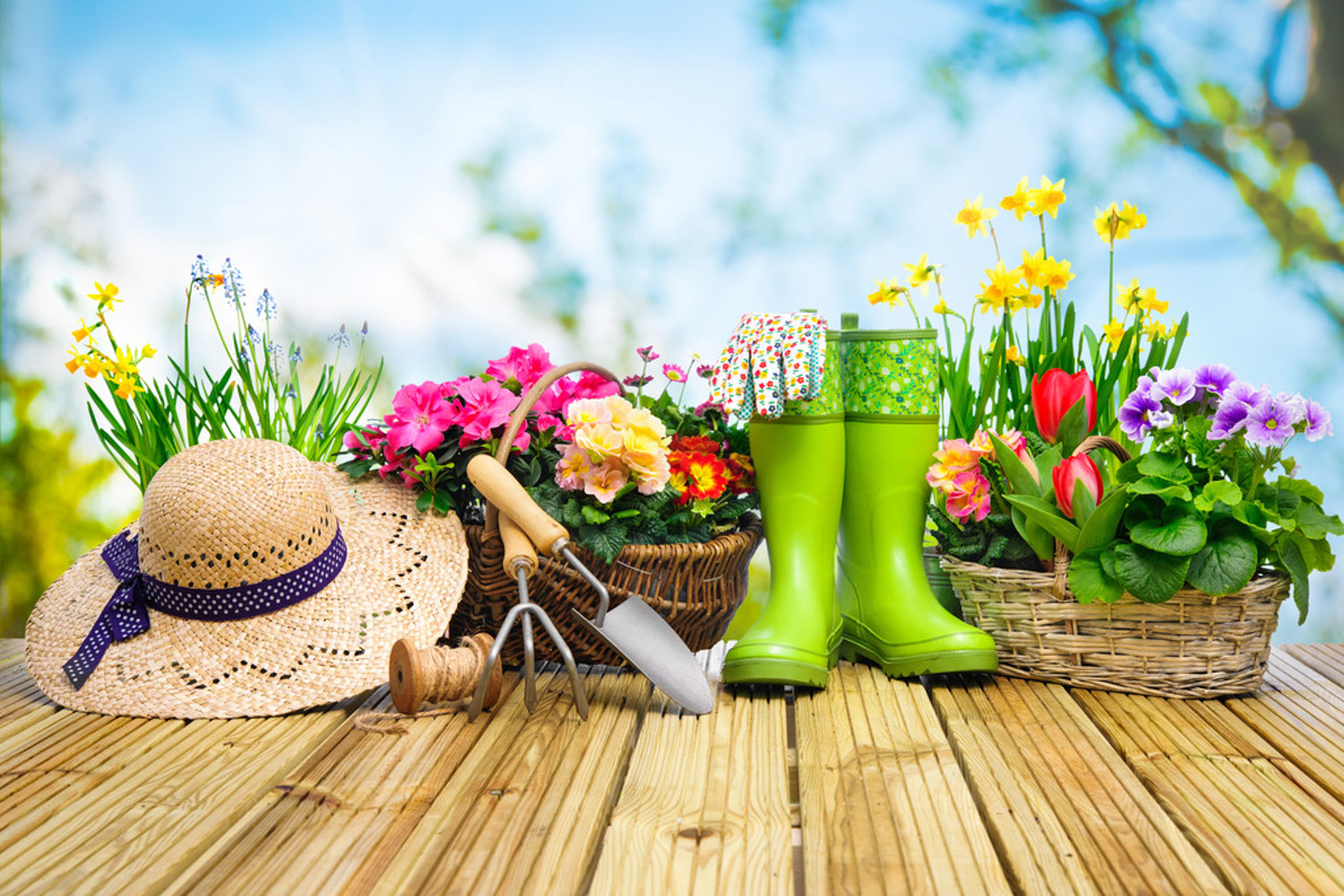
3. Fertilization: Red mulberry has a great demand for fertilizer. During its growth period, apply more nitrogen fertilizer to it, basically twice a month. Fertilization will be stopped after autumn, because its growth speed is gradually slowing down
4. Light: it will grow better in a warm environment and like the sun. During normal maintenance, it should be exposed to the sun as much as possible. It likes strong light, but it still needs proper shade in summer
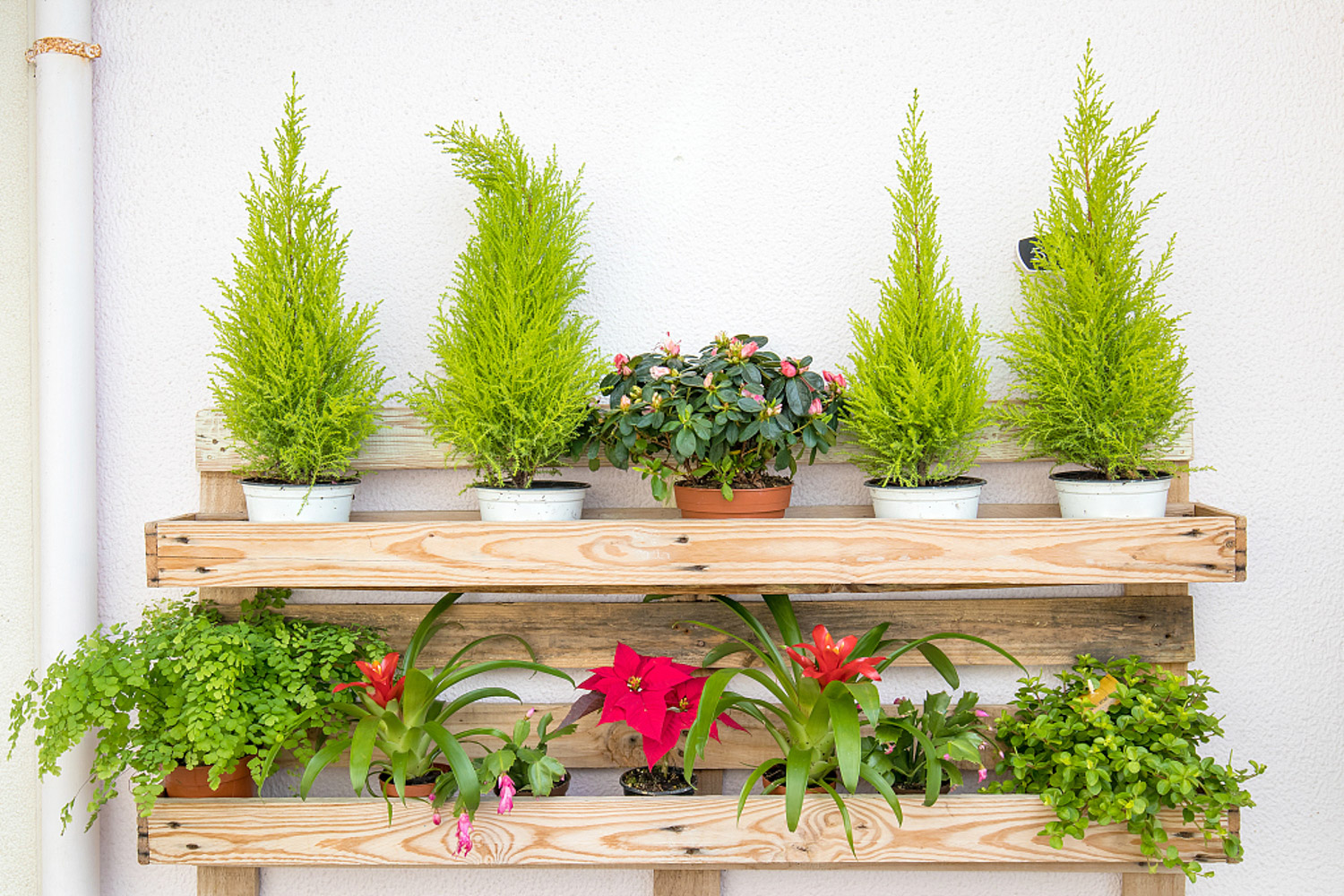
2、 Breeding skills
1. Propagation: the more convenient way of propagation is cutting propagation. From June to August, select new or biennial branches and insert them into the soil to wait for them to germinate
2. Pruning: in order to make its plant more plump, pruning and coring should be carried out during its growth period, so as to stimulate more lateral branches at its growth place, more branches and better shape
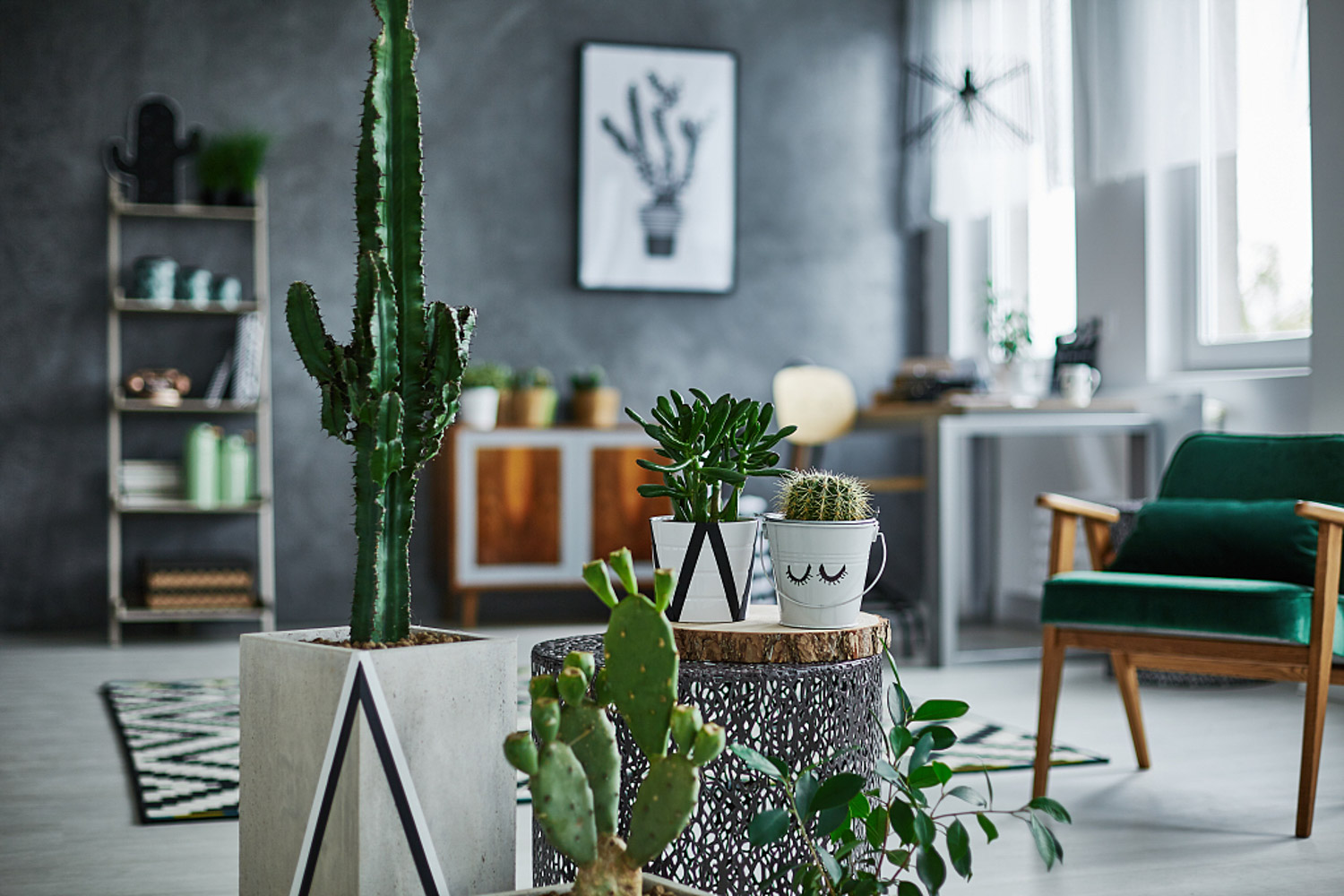
3、 Diagnosis and treatment problems
1. Root rot: in the early stage of root rot, its root system will rot, which will seriously affect its absorption capacity. In the later stage, it will directly lead to death. The etiology should be investigated from the soil. When it occurs, it is necessary to irrigate the root with Metalaxyl in time
2. Leaf spot: it is mainly characterized by Brown round spots on the leaves, which spread to the whole plant in the later stage, seriously affecting photosynthesis and beauty. Spray the leaves with 300 times of Trichoderma harzianum in time
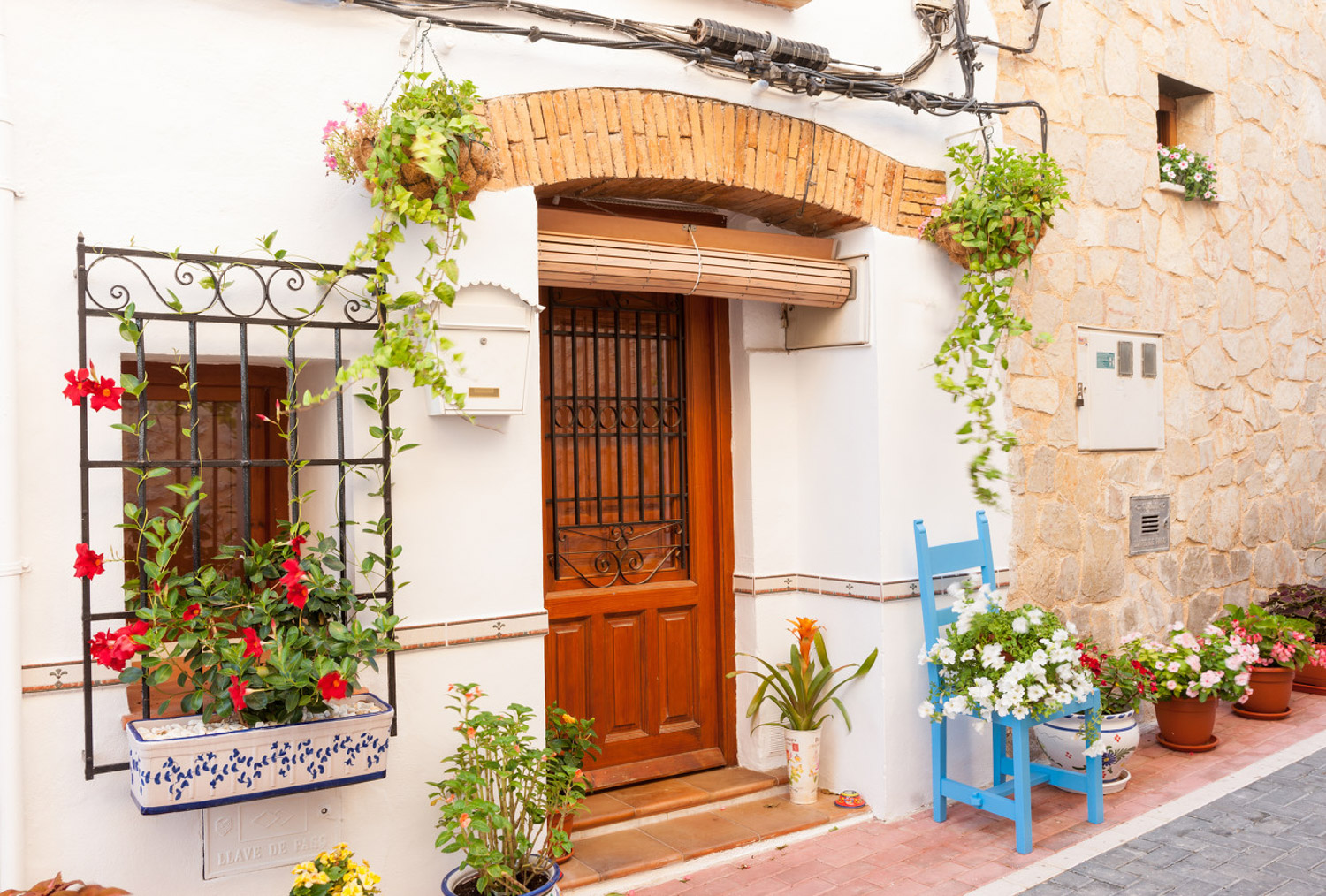
4、 Other issues
1. Edible: Red mulberry can be eaten. It has high nutritional value and contains a variety of minerals and vitamins needed by the human body. It is known as "longevity dish"
2. Indoor breeding: there is no problem with indoor breeding, but anyway, the indoor conditions are certainly not as good as outdoor conditions. In addition, it is easier to infect bacteria due to poor air circulation in a closed space for a long time, so it is better to raise it outdoors
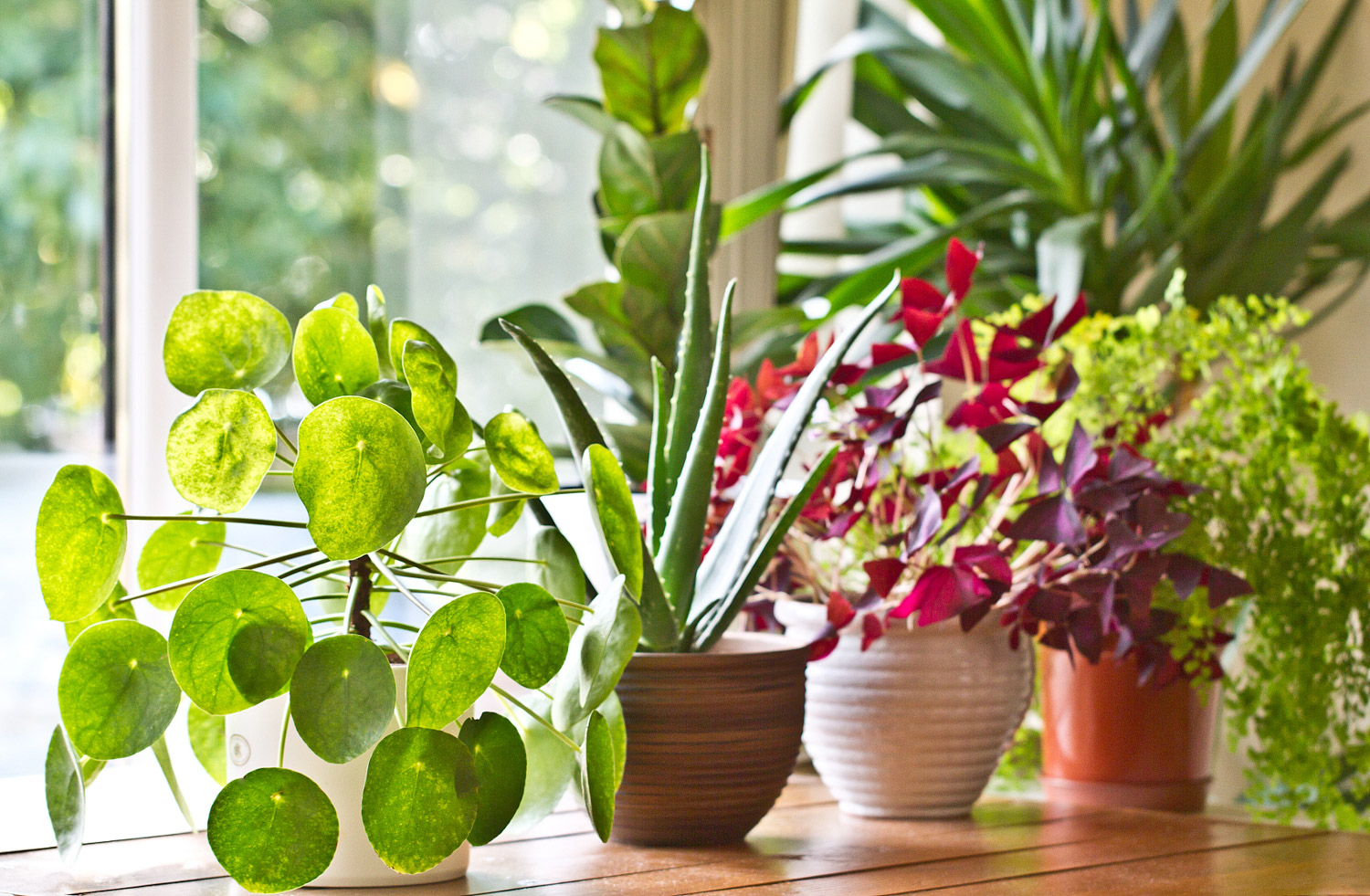

 jackfruit
jackfruit snake plant
snake plant hibiscus
hibiscus hydrangea
hydrangea lavender
lavender Green roses climb al...
Green roses climb al... If you don't pay att...
If you don't pay att... Management of four g...
Management of four g...

























